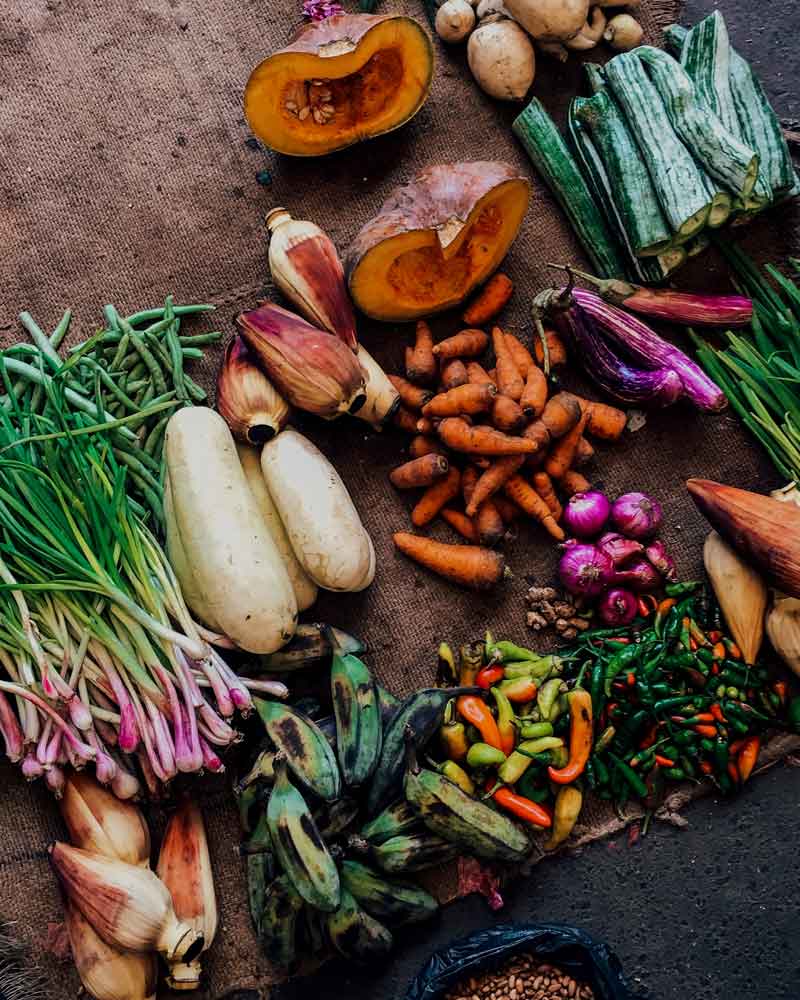Can You Afford to Eat Organic?
My Grocery Store Experiment

Is Organic Food Always More Expensive?
Have you ever wondered if eating organic could fit into your budget? The common belief is that organic food costs more than conventional produce—but is that really true?
Instead of relying on websites or secondhand reports, I decided to investigate for myself by visiting six supermarkets in my area and conducting some hands-on research.
Before sharing my findings, ask yourself:
- If organic produce was only slightly more expensive than conventional, would I make the switch?
- What cost or convenience factors would make me choose organic over conventional?
- Am I aware of the health and environmental benefits of eating organic fruits and vegetables?
My Journey to Organic Eating
I’ve been eating organic fruits and vegetables for over a year now. My transition wasn’t fueled by a lucky promotion—it started when I joined a local CSA (Community Supported Agriculture) program.
The convenience of having fresh veggies delivered every Wednesday fit perfectly into my busy schedule. Paying a fixed price of $34 per week for my basket, I realized I had no idea how much this basket would cost at a grocery store. So I decided to investigate.
The Experiment: Organic vs Conventional Produce

Goal: Compare the cost of my weekly vegetable basket if purchased conventionally versus organically.
Method: Visit six grocery stores (three conventional, three health food stores) and record the price of each item. I made sure to:
- Select the exact type of produce (apples, pears, etc.)
- Record sale prices if available
- Note local vs imported variations
Findings:
- Conventional basket prices: $18 – $26
- Organic basket prices: $26 – $29
Some surprises:
- Local apples were cheaper than imported apples.
- Local yellow peppers were more expensive than Mexican peppers.
- Some health food stores charged more than Whole Foods for the same vegetables.
Does Eating Organic Break the Bank?
The answer: Not necessarily.
Being a smart grocery shopper makes a huge difference. Prices vary based on:
- Local vs imported produce
- Seasonal availability
- Sales and promotions
Organic produce is more accessible today than it was 5–10 years ago, and small-scale research like mine shows it can be affordable depending on where and how you shop.
What I Learned About Eating Organic on a Budget
This week of research helped me challenge old assumptions:
- Organic produce doesn’t always cost more than conventional.
- Organic produce can sometimes be cheaper than its conventional counterpart.
Keep in mind: prices vary by region. My findings are based on supermarkets in the Toronto area, and results could be different elsewhere.
The key takeaway: eating organic can fit your budget if you plan, compare, and shop smart. With increased accessibility, organic eating could become the norm—not just for the wealthy, but for anyone willing to make informed choices.









